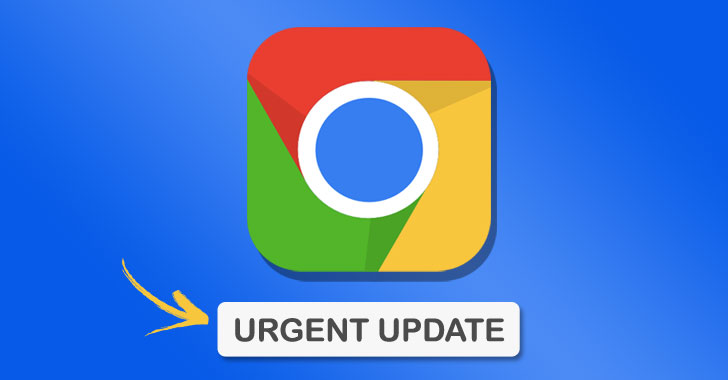
Google Releases Urgent Chrome Update to Patch New Zero-Day Vulnerability
8.8 High
CVSS3
Attack Vector
NETWORK
Attack Complexity
LOW
Privileges Required
NONE
User Interaction
REQUIRED
Scope
UNCHANGED
Confidentiality Impact
HIGH
Integrity Impact
HIGH
Availability Impact
HIGH
CVSS:3.1/AV:N/AC:L/PR:N/UI:R/S:U/C:H/I:H/A:H
6.8 Medium
CVSS2
Access Vector
NETWORK
Access Complexity
MEDIUM
Authentication
NONE
Confidentiality Impact
PARTIAL
Integrity Impact
PARTIAL
Availability Impact
PARTIAL
AV:N/AC:M/Au:N/C:P/I:P/A:P
Google on Friday shipped emergency fixes to address a security vulnerability in the Chrome web browser that it said is being actively exploited in the wild.
The issue, assigned the identifier CVE-2022-3075, concerns a case of insufficient data validation in Mojo, which refers to a collection of runtime libraries that provide a platform-agnostic mechanism for inter-process communication (IPC).
An anonymous researcher has been credited with reporting the high-severity flaw on August 30, 2022.
“Google is aware of reports that an exploit for CVE-2022-3075 exists in the wild,” the internet giant said, without delving into additional specifics about the nature of the attacks to prevent additional threat actors from taking advantage of the flaw.
The latest update makes it the sixth zero-day vulnerability in Chrome that Google has resolved since the start of the year -
- CVE-2022-0609 - Use-after-free in Animation
- CVE-2022-1096 - Type confusion in V8
- CVE-2022-1364 - Type confusion in V8
- CVE-2022-2294 - Heap buffer overflow in WebRTC
- CVE-2022-2856 - Insufficient validation of untrusted input in Intents
Users are recommended to upgrade to version 105.0.5195.102 for Windows, macOS, and Linux to mitigate potential threats. Users of Chromium-based browsers such as Microsoft Edge, Brave, Opera, and Vivaldi are also advised to apply the fixes as and when they become available.
Found this article interesting? Follow THN on Facebook, Twitter and LinkedIn to read more exclusive content we post.
8.8 High
CVSS3
Attack Vector
NETWORK
Attack Complexity
LOW
Privileges Required
NONE
User Interaction
REQUIRED
Scope
UNCHANGED
Confidentiality Impact
HIGH
Integrity Impact
HIGH
Availability Impact
HIGH
CVSS:3.1/AV:N/AC:L/PR:N/UI:R/S:U/C:H/I:H/A:H
6.8 Medium
CVSS2
Access Vector
NETWORK
Access Complexity
MEDIUM
Authentication
NONE
Confidentiality Impact
PARTIAL
Integrity Impact
PARTIAL
Availability Impact
PARTIAL
AV:N/AC:M/Au:N/C:P/I:P/A:P
